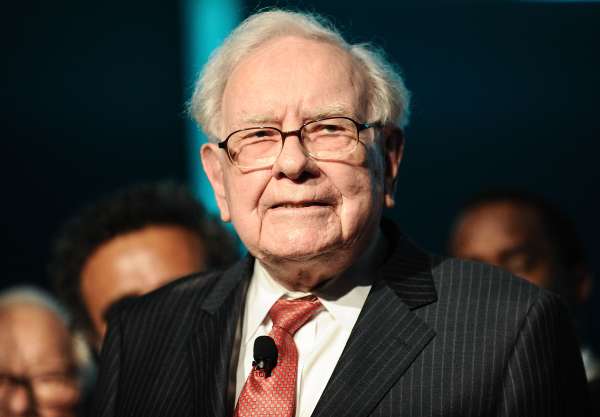Warren Buffett Says the Republican Tax Plan Contains a 'Terrible Mistake'

Billionaire investor Warren Buffett said Tuesday that eliminating the estate tax would be a "terrible mistake" that would fail to adequately distribute resources in the U.S.
Buffett's comments come as Congressional Republicans are pushing a tax reform plan that in part calls for eliminating the estate tax, also called the "death tax."
"If they pass the bill they're talking about, I could leave $75 billion to a bunch of children and grandchildren and great-grandchildren," Buffett said on CNBC. "And if I left it to 35 of them, they would each have a couple billion dollars. Is that a great way to allocate resources in the United States?"
In addition to cutting the corporate tax rate and generally reducing the amount of taxes paid by the wealthiest Americans, the Republican tax plan — which has the support of President Donald Trump — would eliminate the estate tax.
The estate tax applies to the estates of people who have combined gross assets and prior taxable gifts that exceed $5.49 million in 2017, according to the IRS. Commonly referred to as the "death tax" by its detractors, the estate tax is money that a person's estate has to pay when they die.
The estate tax affects about 0.2% of Americans, meaning only a small number of families have to pay it every year. Buffett said eliminating the estate tax would not have a widespread effect and instead contribute to dynasty building within families.
The billionaire, whose Berkshire Hathaway just agreed to buy a stake in Pilot Travel Centers, the owners of the truck stop chain Pilot Flying J, pointed out that wealthy families in the U.S. are far richer than they were 25 years ago and argued against building upon that trend. "I don't think we should have our Olympic team 20 years from now be the eldest sons of the Olympic team currently," he said.